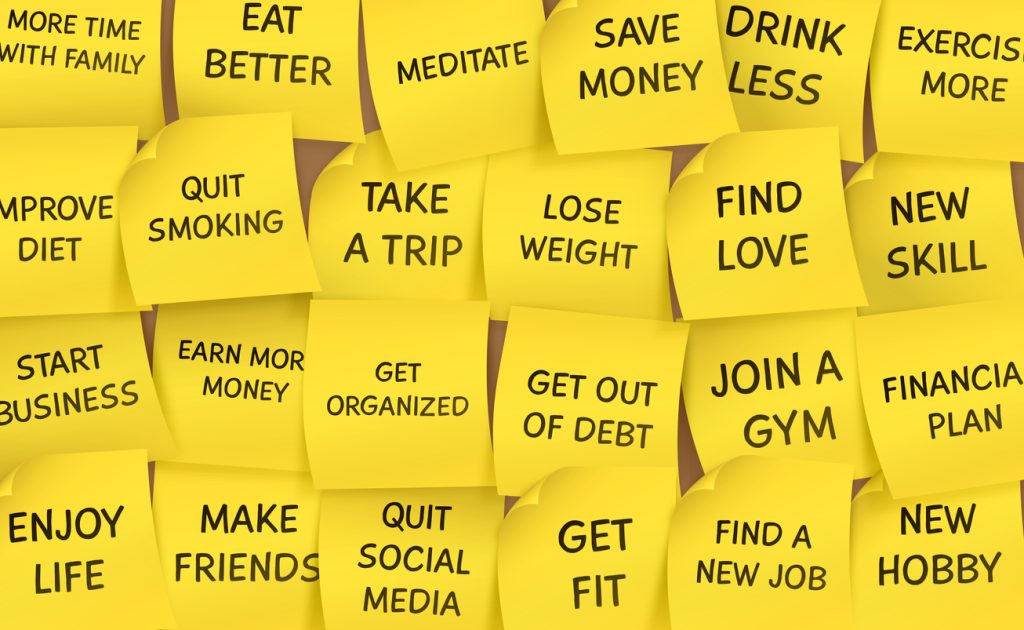Change and growth is, first and foremost, an active, creative process. Charting a new course for ourselves, even if we’re only talking about a specific habit or two, involves envisioning what we would like different, how we would like it to be different, and what steps we need to take to get there.
Then, most importantly, it requires the commitment to take action, which involves creating the structures that will guide us through the steps and keep us on track; the scheduled appointments, the deadlines, the people who will keep us accountable.
Successful people actually use less willpower than less successful people, because they set up effective rituals, appointments, and accountability structures that build into their day what they would otherwise need willpower to achieve.
Twyla Tharp, the great dancer and choreographer, in her book The Creative Habit, talks about “rituals of preparation:” what creative people do that prepares them to work. This is hers:
I begin each day of my life with a ritual: I wake up at 5:30 am, put on my workout clothes, my leg warmers, my sweatshirts, and my hat. I walk outside my Manhattan home, hail a taxi, and tell the driver to take me to the Pumping Iron gym at 91st Street and First Avenue, where I work out for two hours. The ritual is not the stretching and weight training I put my body through each morning at the gym; the ritual is the cab. The moment I tell the driver where to go I have completed the ritual.
Such rituals let our entire system know that we are ready, that it is time to work; they shepherd all of our psychological, emotional and physical resources and make them available to us, so we can focus and absorb ourselves in our task.
It’s the daily consistency that makes such rituals so powerful. As Tharp says:
All preferred working states, no matter how eccentric, have one thing in common: When you enter into them, they impel you to get started. Whether it’s the act of carrying a hot coffee mug to an outdoor porch, or the rock ‘n’ roll that gets a painter revved up to splash color on a canvas, or the stillness of an herb garden that puts a chef in a culinary trance, moving inside each of these routines gives you no choice but to do something. It’s Pavlovian: follow the routine, get a creative payoff.
What are some of your rituals of preparation? Chances are you already have some, even if you haven’t thought of them that way. What do you do that gets you in the frame of mind to function at your best?
Identifying what already works and doing more of it can boost your success, but sometimes creating new behaviors means starting from scratch. If you think about one of the habits you’d like to begin, stop or change this year, what is the first action you need to take to get that started?
If you can identify the first action and commit to a specific time and place to do it, you will triple your chance of success.
Then, if you really want to make creative changes, the essential, irreplaceable element is to commit 100% to making those changes. Commit to the changes, commit to taking that first step, and commit to the strategy and the rituals that will deliver you to your goals.
Commitment is everything. In over 40 years of working with people to help them make positive changes in their lives, I have never seen a single person make such changes without a firm commitment to do so. There’s a palpable quality that radiates from a person when they commit, as though an energetic path that had once been hidden has opened before them toward their goals.
Rituals express a commitment in action. The wish without the commitment is passive; it puts us in a place of helpless longing. The triumph of creation comes with an active, purposeful vision, with concrete steps and consistent ritualized structures that will hold us to our goals, and total commitment that we re-affirm every day.


Recent Comments